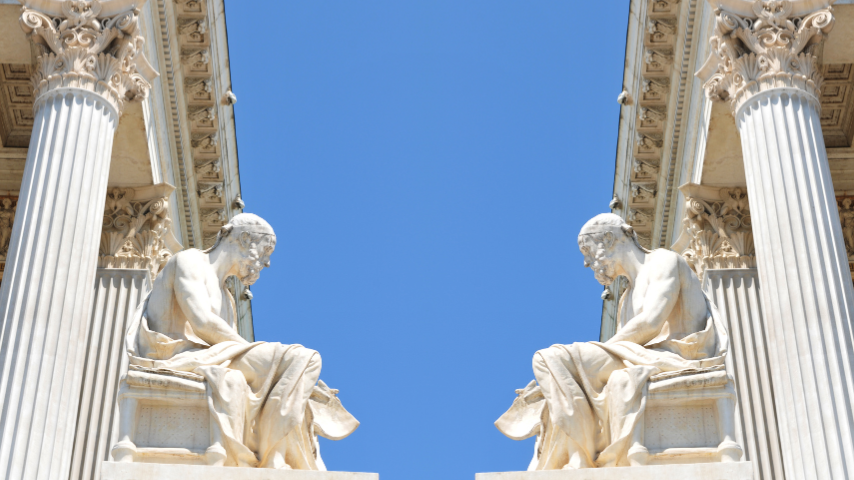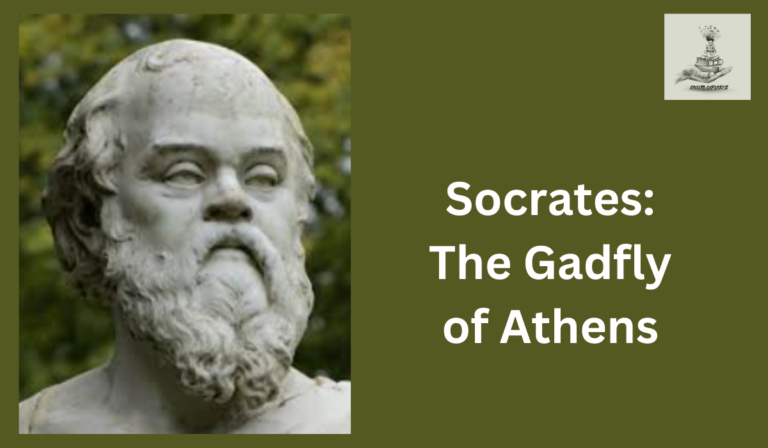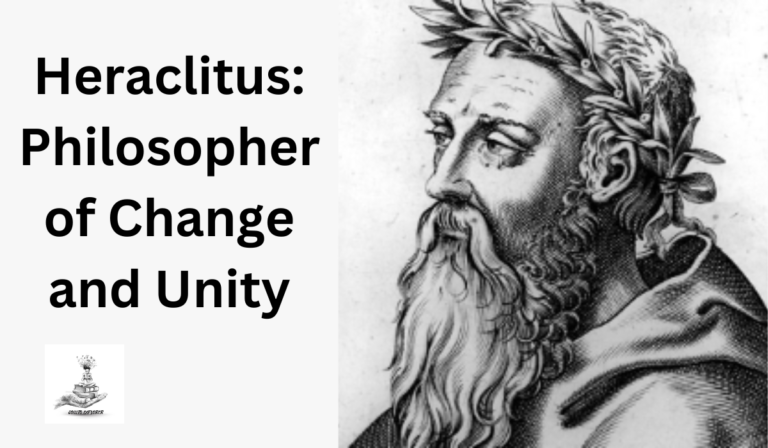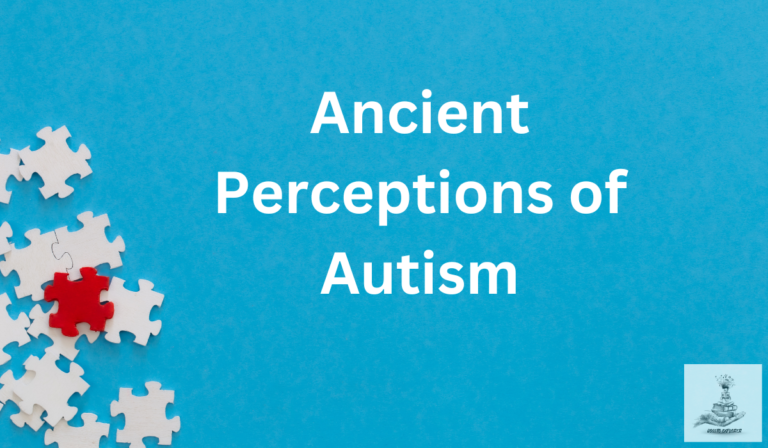Philosophers Every Child Should Know
Introduction
Embarking on a journey through the corridors of human thought, it’s imperative to acquaint young minds with the profound insights of various philosophers. These important philosophers throughout history have become synonymous with intellectual brilliance. Shaping the world’s understanding of existence, knowledge, values, reason, and language. In this exploration, we delve into the lives and philosophies of some of the most influential and historical philosophers.
Socrates (469-399 BCE)
Widely acknowledged as the father of Western philosophy, Socrates left an indelible mark with his Socratic method. An approach that involved asking questions to stimulate critical thinking and illuminate ideas. While his teachings are not recorded in written form. His influence is perpetuated through the works of his student, Plato.
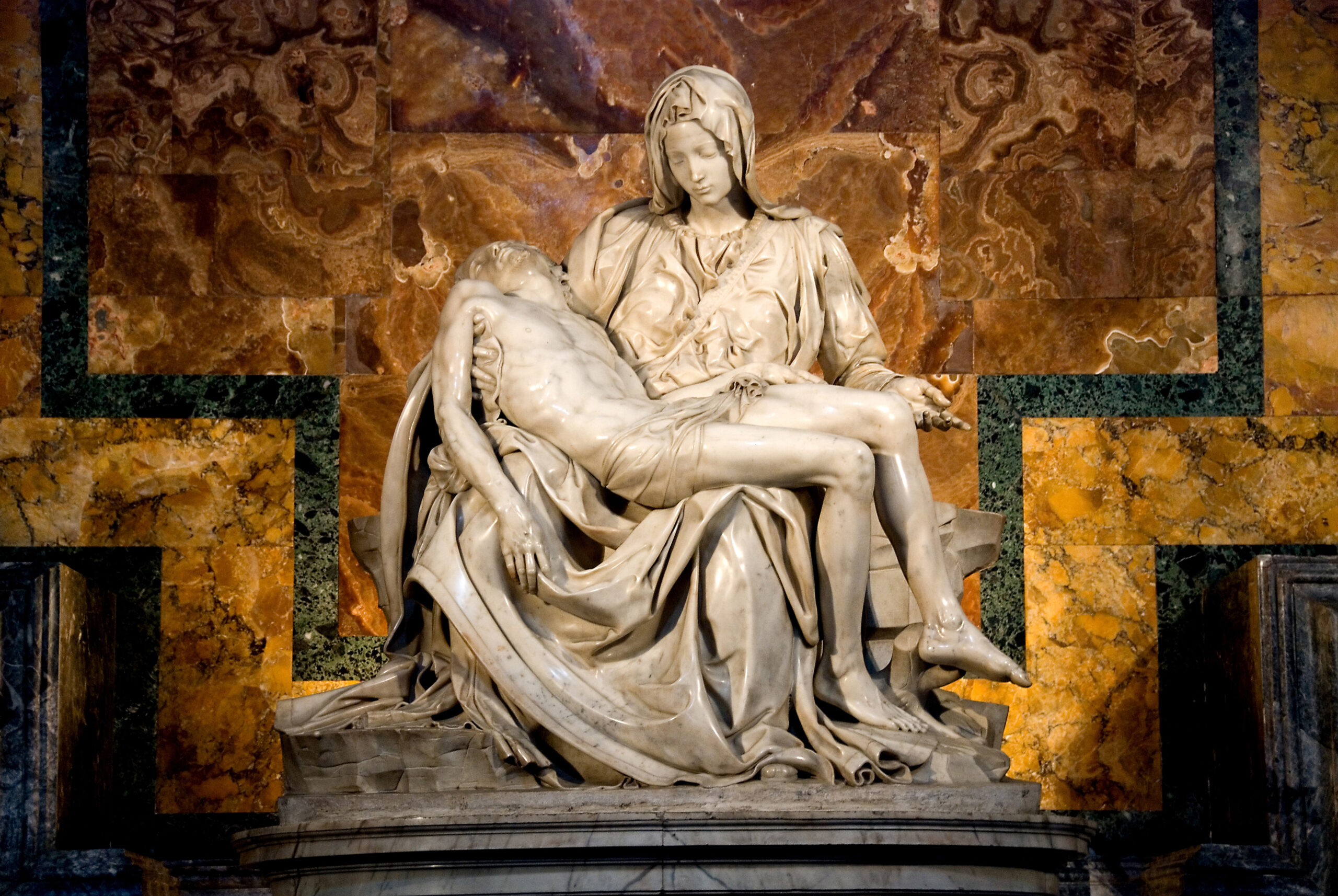
Plato (428-348 BCE)
Continuing the legacy of Socrates, Plato established the Academy, a beacon of knowledge in the ancient world. His philosophical dialogues, including “The Republic” and “The Allegory of the Cave,” are foundational to understanding human nature. Making him one of the most-cited philosophers in the humanities.
Aristotle (384-322 BCE)
A student of Plato, Aristotle’s broad-ranging works encompass ethics, politics, and biology. His emphasis on observation and classification laid the groundwork for scientific thinking. “Nicomachean Ethics” and “Politics” remain influential in moral philosophy and political theory. Solidifying his place among the most influential philosophers.
Confucius (551-479 BCE)
In Eastern philosophy, Confucius is a revered figure whose teachings on ethical conduct, social harmony, and moral virtues have endured for centuries. The Analects, a compilation of his sayings, serves as a guide for personal and societal flourishing. Establishing him as one of history’s greatest thinkers.
Thomas Aquinas (1225-1274)
A pivotal figure in medieval philosophy, Thomas Aquinas fused Aristotelian philosophy with Christian theology. His synthesis, as found in “Summa Theologica,” significantly influenced Western Christian thought and is crucial in discussions about the relationship between faith and reason.
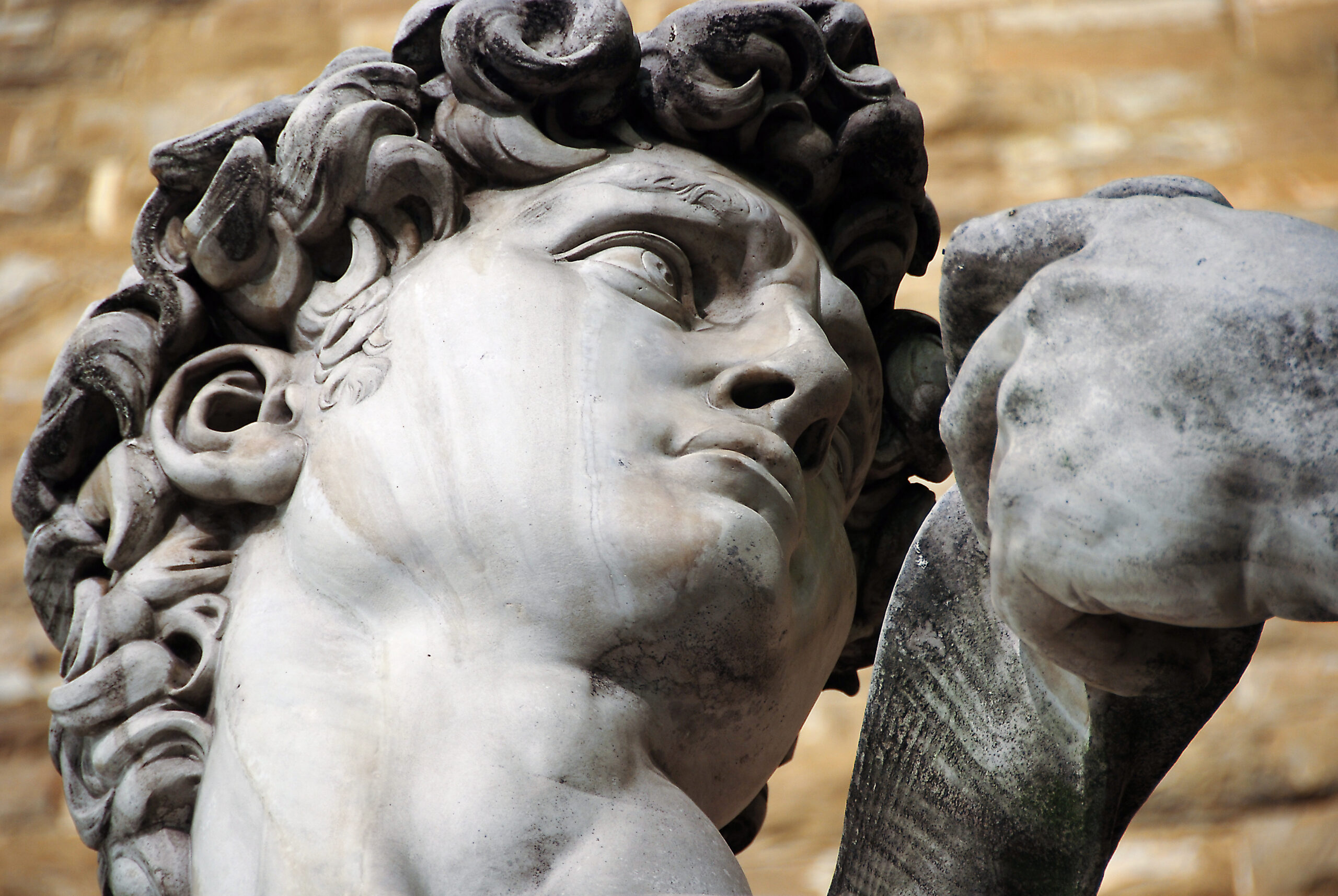
Immanuel Kant (1724-1804)
Transitioning to the modern era, Immanuel Kant revolutionized philosophy with “Critique of Pure Reason” and “Groundwork of the Metaphysics of Morals.” His exploration of human knowledge and morality emphasized the importance of reason and duty. Making him one of the most popular philosophers in contemporary discourse.
John Locke (1632-1704)
A luminary of the Enlightenment, John Locke’s ideas on individual rights and government by consent, as articulated in “Two Treatises of Government,” laid the groundwork for modern democratic thought, establishing him as one of the most influential philosophers in political philosophy.
Jean-Jacques Rousseau (1712-1778)
Another influential Enlightenment philosopher, Rousseau addressed the relationship between individuals and society in “The Social Contract” and “Emile.” His ideas on the general will and the importance of education continue to resonate. Marking him as one of the greatest philosophers in social and political thought.
Karl Marx (1818-1883)
Known for his critique of capitalism, Karl Marx’s works, including “The Communist Manifesto” and “Das Kapital,” have left an enduring impact on modern political and economic discourse. His analysis of class struggle and the quest for a classless society adds a socio-economic dimension to the list of greatest thinkers of all time.

Friedrich Nietzsche (1844-1900)
Challenging conventional morality and values, Nietzsche’s “Thus Spoke Zarathustra” and “Beyond Good and Evil“. Explore the concept of the “Ubermensch” (Overman), contributing significantly to existentialism. Also, their postmodern thought Identifies him as one of history’s greatest thinkers.
Conclusion
Introducing children to the wisdom of these great philosophers is an enriching educational experience. These philosopher icons have left an indelible mark on human thought, shaping our understanding of the world. By fostering an appreciation for great philosophy from an early age, we can inspire curiosity and critical thinking. A lifelong love of learning in the minds of the next generation.
Exploring the insights of these most-cited philosophers in the humanities helps lay the foundation for a well-rounded education. Exposing children to the richness of the human intellectual tradition.

